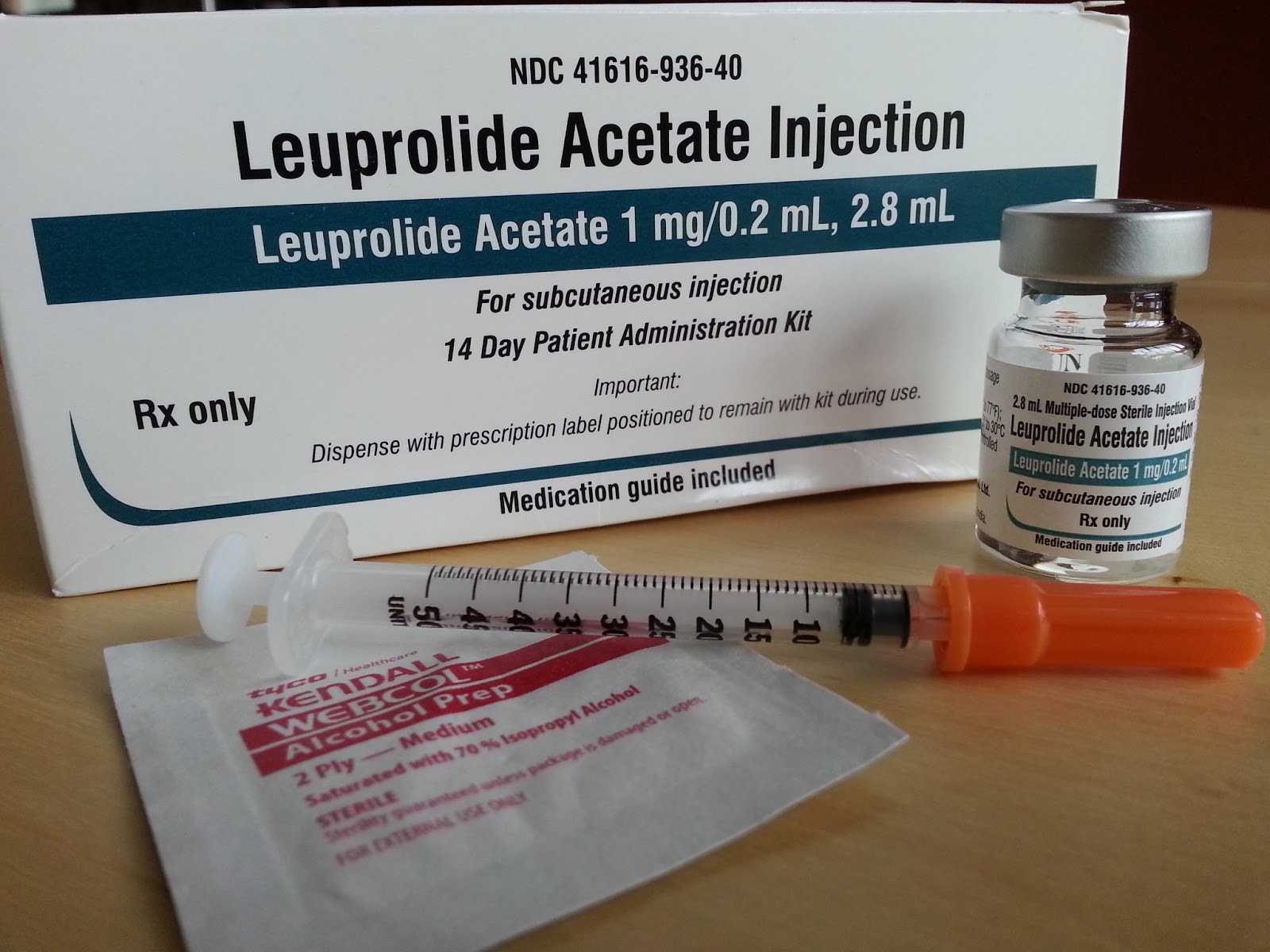If you or a loved one has been diagnosed with advanced prostate cancer, you may have heard about Lupron Depot, a leading gonadotropin-releasing hormone agonist (GnRHa) used in the treatment of this condition. As with any medical treatment, understanding the costs and insurance coverage can be crucial. In this article, we’ll dive deep into whether Lupron injection is covered by Medicare Part B and provide you with all the information you need to navigate the process.
Understanding Lupron Depot and Its Role in Prostate Cancer Treatment
Lupron Depot, also known as leuprolide acetate for depot suspension, is a widely prescribed medication used in the treatment of advanced prostate cancer. It belongs to a class of drugs called GnRH agonists, which work by reducing the levels of testosterone in the body. Testosterone is a hormone that can fuel the growth of prostate cancer cells, so lowering its levels is a crucial aspect of treatment.
Lupron Depot is available in several dosage forms, including 7.5 mg for 1-month administration, 22.5 mg for 3-month administration, 30 mg for 4-month administration, and 45 mg for 6-month administration. It is typically administered as an intramuscular injection in a healthcare provider’s office or clinic.
Is Lupron Injection Covered by Medicare Part B?
The good news is that Lupron Depot is widely covered by Medicare Part B for the treatment of advanced prostate cancer. According to the manufacturer’s website, LUPRON DEPOT is covered for more than 99% of patients with commercial insurance, Medicaid, and Medicare Part B combined.
Medicare Part B is the portion of Medicare that covers outpatient medical services and supplies, including certain prescription drugs that are administered in a healthcare setting, such as a doctor’s office or hospital outpatient clinic. Since Lupron Depot is an injectable medication that must be administered by a healthcare professional, it falls under the coverage of Medicare Part B.
It’s important to note that while Medicare Part B does cover Lupron Depot, there may still be out-of-pocket costs associated with the treatment, such as deductibles, copayments, or coinsurance. These costs can vary depending on your specific Medicare plan and the healthcare provider or facility where you receive the injection.
Advantages of Medicare Part B Coverage for Lupron Depot
There are several advantages to having Lupron Depot covered under Medicare Part B:
-
Lower Out-of-Pocket Costs: Medicare Part B generally offers lower out-of-pocket costs for covered medications compared to Medicare Part D (prescription drug plans) or commercial pharmacy benefits.
-
Convenience: Since Lupron Depot is administered in a healthcare setting, having it covered under Medicare Part B streamlines the process. You won’t need to worry about getting a separate prescription filled at a pharmacy.
-
Comprehensive Coverage: According to the manufacturer, Lupron Depot is covered by 100% of Medicare Part B plans, ensuring widespread access to this important prostate cancer treatment.
Other Financial Assistance Options
Even with Medicare Part B coverage, some individuals may still find the out-of-pocket costs for Lupron Depot challenging. Fortunately, there are several financial assistance programs available to help alleviate the financial burden:
-
MyAbbVie Assist: This program offered by the manufacturer, AbbVie, provides free medication to qualifying patients who meet certain income and insurance criteria.
-
Medicare Savings Programs: These state-run programs can help qualified individuals with limited income and resources pay for Medicare premiums, deductibles, and coinsurance.
-
ZERO – The End of Prostate Cancer: This leading national prostate cancer nonprofit organization offers comprehensive resources and support for patients, including assistance with accessing financial aid programs.
It’s essential to explore all available options and work closely with your healthcare team and insurance providers to understand your coverage and potential out-of-pocket costs for Lupron Depot treatment.
Conclusion
However, it’s crucial to verify your specific coverage and anticipated out-of-pocket costs with your Medicare plan and healthcare providers. Additionally, various financial assistance programs are available to help alleviate the financial burden for those who qualify.
Remember, open communication with your healthcare team and diligent research into your insurance coverage and assistance options can help ensure that you have access to the treatments you need without compromising your financial well-being.
What does Medicare Part B Cover?
FAQ
Will Medicare pay for Lupron shots?
Why is Lupron not covered by insurance?
Are injectable drugs covered by Medicare Part B?
How much is Lupron out of pocket?

